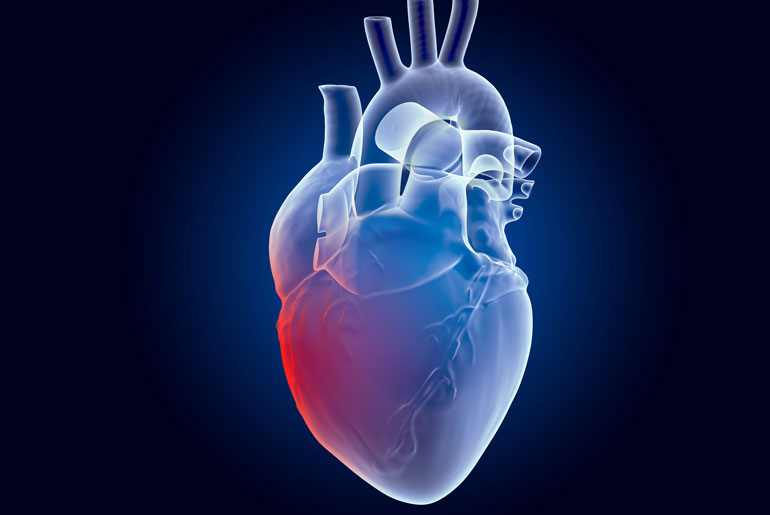Swelling in the heart, also known as edema, can be a symptom of various cardiovascular conditions. It is important to note that heart swelling is often a sign of an underlying issue and should be evaluated by a healthcare professional. This condition can result from various underlying health issues, including heart failure, infections, inflammation, or other cardiac disorders. The accumulation of fluid puts pressure on the heart, impacting its ability to pump blood efficiently. Common symptoms of heart swelling include shortness of breath, fatigue, and swelling in the legs or abdomen.
Symptoms of swelling in the heart:
- Edema (Swelling): Fluid retention leading to swelling, especially in the legs, ankles, or abdomen, is a common symptom. Clothes or shoes may feel tighter, and there may be visible puffiness.
- Shortness of Breath: Difficulty breathing or shortness of breath, particularly during physical activity or when lying down, can indicate reduced cardiac function and fluid accumulation in the lungs.
- Fatigue: Unexplained and persistent fatigue, even with minimal exertion, may be a symptom of heart-related issues leading to decreased pumping efficiency.
- Rapid Weight Gain: Sudden and significant weight gain, often accompanied by edema, may be a result of fluid retention linked to heart swelling.
- Irregular Heartbeat (Arrhythmia): An irregular or rapid heartbeat, palpitations, or fluttering sensations in the chest may suggest underlying heart rhythm disturbances associated with heart conditions.
- Chest Discomfort or Pain: While swelling itself may not cause chest pain, various heart conditions leading to edema may manifest as chest discomfort, pain, or tightness.
- Decreased Exercise Tolerance: A notable reduction in the ability to perform physical activities or exercise, even if routine, could be indicative of compromised heart function.
- Persistent Coughing: A chronic and persistent cough, especially if it produces pink or blood-tinged sputum, may signal heart failure and fluid buildup in the lungs.
- Nausea and Loss of Appetite: Heart-related issues can lead to symptoms like nausea, loss of appetite, or a feeling of fullness, which may contribute to weight loss.
- Dizziness or Fainting: Reduced cardiac output and compromised blood flow to the brain can result in dizziness or fainting spells.
- Elevated Heart Rate: A consistently elevated heart rate, not necessarily associated with physical activity, can be a sign of heart-related issues.
It’s important to note that these symptoms can vary in intensity and may be more pronounced during certain activities or when lying down. If you or someone else experiences these warning signs, seeking immediate medical attention is crucial. A healthcare professional can perform a thorough evaluation, conduct diagnostic tests, and determine the underlying cause of the symptoms, enabling appropriate and timely intervention. Early detection and management are key to improving outcomes in heart-related conditions.
Disclaimer:
The information contained in this article is for educational and informational purposes only and is not intended as a health advice. We would ask you to consult a qualified professional or medical expert to gain additional knowledge before you choose to consume any product or perform any exercise.







